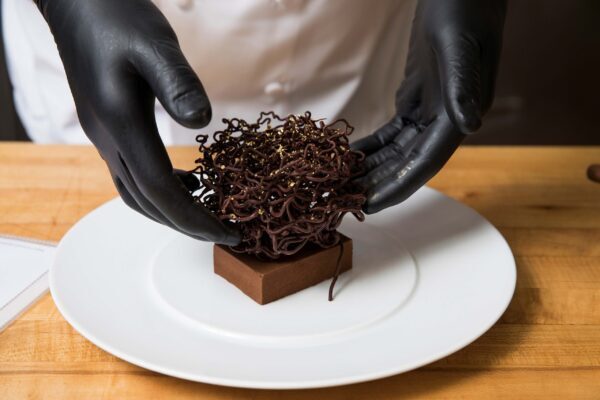Soft2Bet Growth in iGaming: From Small Brands to Large-Scale Ideas
Soft2Bet is gradually transforming the iGaming industry through the application of fresh ideas, each aimed at growth. A quality set of tools was used in the process, enabling the company to achieve success in this industry while continuing to develop in regulated markets. Soft2Bet is working on implementing gaming mechanics that take B2B gamification to...







